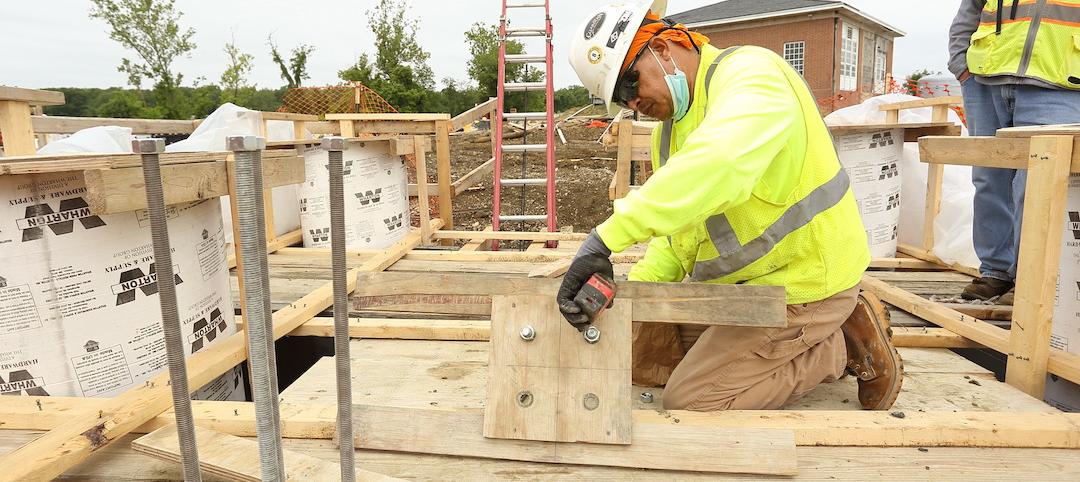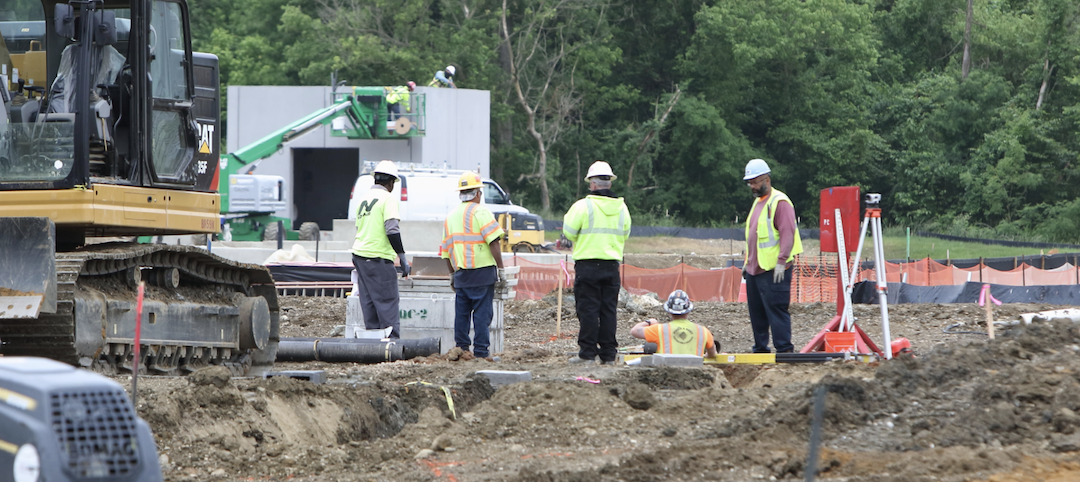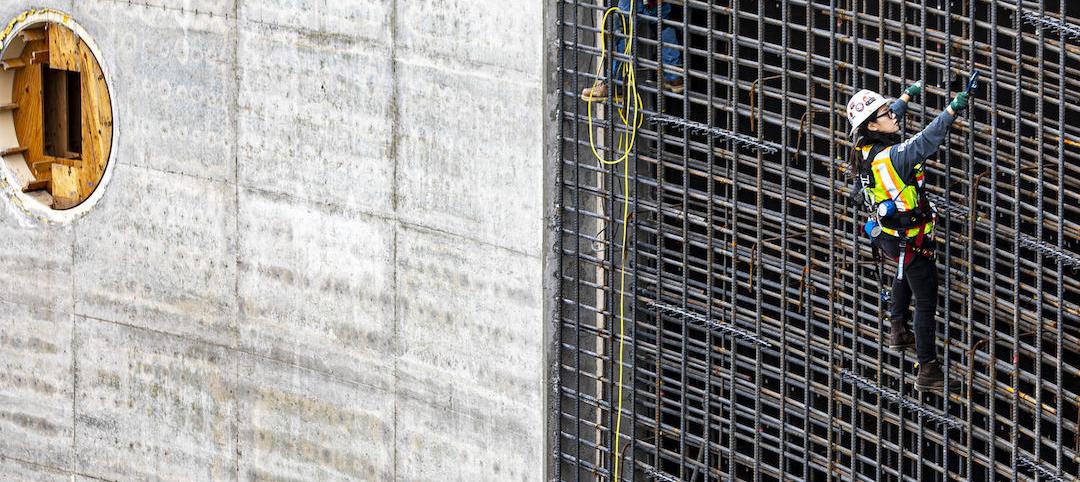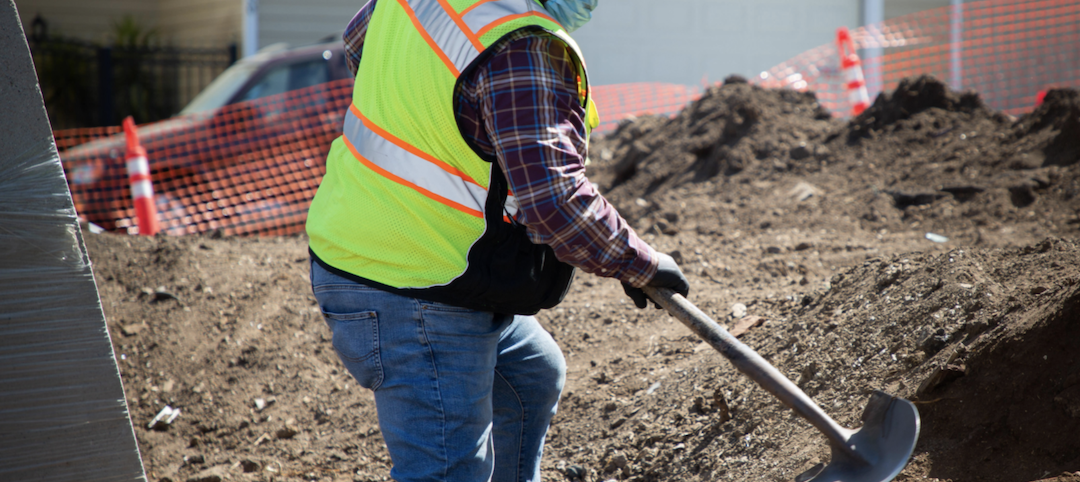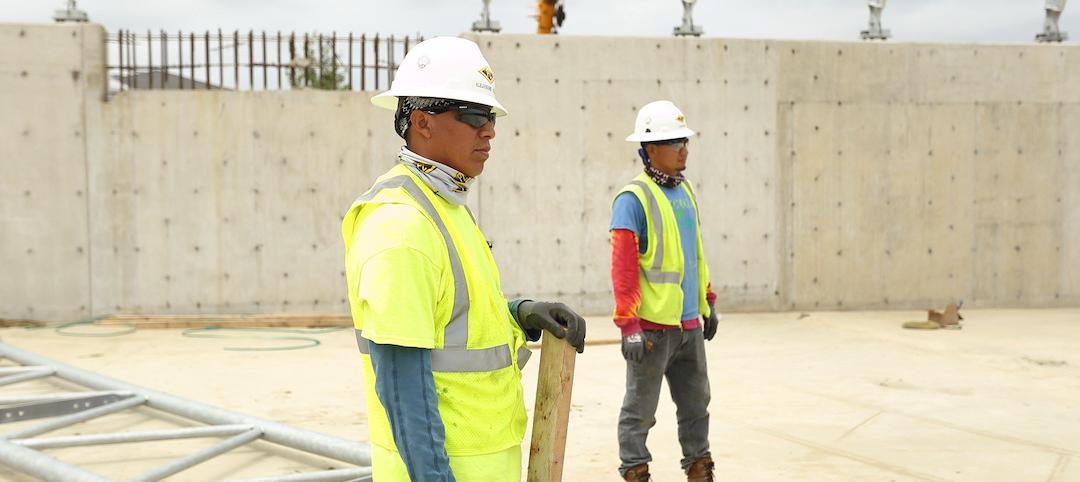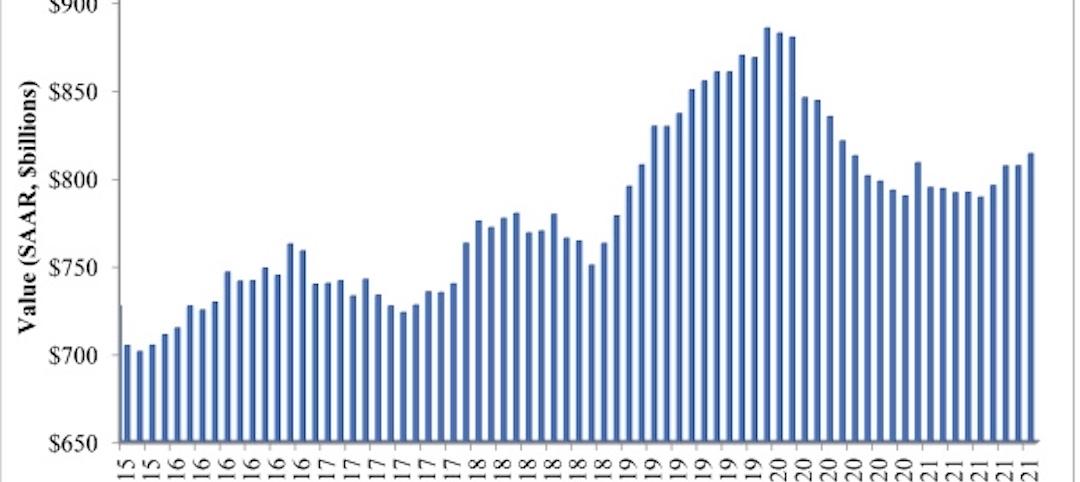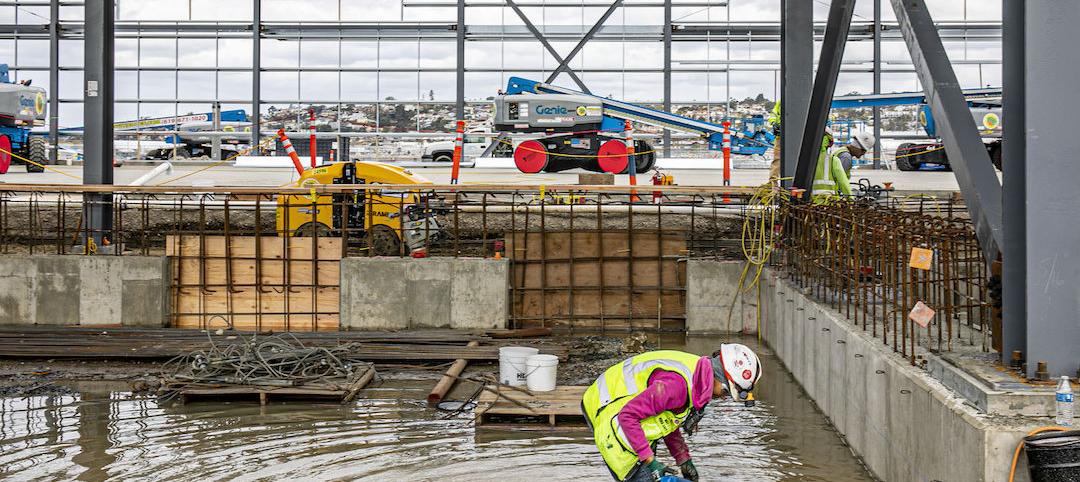Bolstered by a positive economic environment, U.S. multifamily rents increased 3% year-over-year in January 2020.
Sixteen of the country’s top 30 markets posted year-over-year rent growth above the national average and none experienced a decline, a new report from Yardi® Matrix shows. The $1,463 rent was $1 below the average for December, but “stagnant or decelerating rents are common during the winter months and could continue” through the first quarter, the report says. The national economy’s resilience continues to sustain “strong and steady” multifamily fundamentals.
Phoenix and Las Vegas maintained their year-over-year rent growth leadership for the 16th consecutive month in January. Sacramento, Calif., California’s Inland Empire and Nashville, Tenn., rounded out the top five metros. Nashville and Charlotte, N.C., the No. 6 entry, have benefited from corporate relocations from higher-cost cities. Boston was the lone Northeastern market in the top 10.
Potential impediments to rent growth this year include new statewide rent control measures and increased local regulation of security deposits and resident acceptance criteria.
National supply deliveries figure to decline this year as “multifamily construction originations are at a five-year low and the increased cost of labor and materials continues to be an issue,” according to the report.
Get the latest in-depth data on employment, supply, occupancy and market rent growth trends in the Yardi Matrix multifamily national report for January 2020.
Related Stories
Market Data | Jan 6, 2022
A new survey offers a snapshot of New York’s construction market
Anchin’s poll of 20 AEC clients finds a “growing optimism,” but also multiple pressure points.
Market Data | Jan 3, 2022
Construction spending in November increases from October and year ago
Construction spending in November totaled $1.63 trillion at a seasonally adjusted annual rate.
Market Data | Dec 22, 2021
Two out of three metro areas add construction jobs from November 2020 to November 2021
Construction employment increased in 237 or 66% of 358 metro areas over the last 12 months.
Market Data | Dec 17, 2021
Construction jobs exceed pre-pandemic level in 18 states and D.C.
Firms struggle to find qualified workers to keep up with demand.
Market Data | Dec 15, 2021
Widespread steep increases in materials costs in November outrun prices for construction projects
Construction officials say efforts to address supply chain challenges have been insufficient.
Market Data | Dec 15, 2021
Demand for design services continues to grow
Changing conditions could be on the horizon.
Market Data | Dec 5, 2021
Construction adds 31,000 jobs in November
Gains were in all segments, but the industry will need even more workers as demand accelerates.
Market Data | Dec 5, 2021
Construction spending rebounds in October
Growth in most public and private nonresidential types is offsetting the decline in residential work.
Market Data | Dec 5, 2021
Nonresidential construction spending increases nearly 1% in October
Spending was up on a monthly basis in 13 of the 16 nonresidential subcategories.
Market Data | Nov 30, 2021
Two-thirds of metro areas add construction jobs from October 2020 to October 2021
The pandemic and supply chain woes may limit gains.




